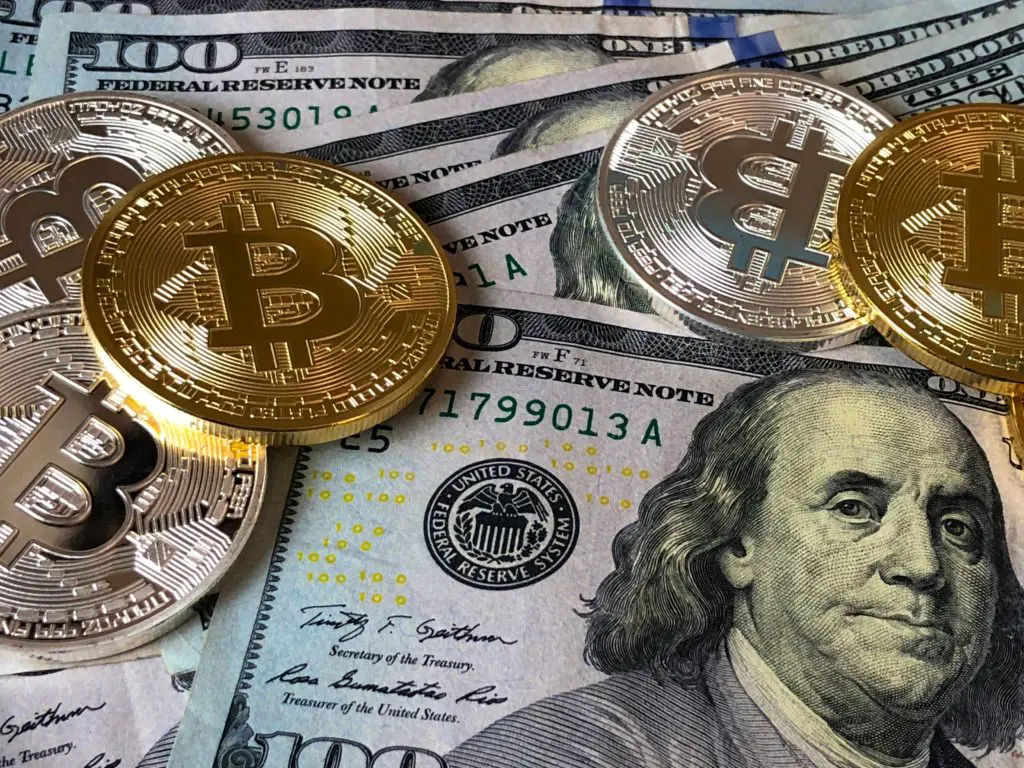Inflation is the gradual increase in prices of goods and services and the slow decrease of purchasing power of your money over time. Lets know the Effects Of Stimulus Checks On Inflation And Overall Economy.
So if you feel like your money does not do much in terms of purchasing like it used to, the is reason probably due to inflation.

When the economy is in a downturn, the American government injects funds into the economy through Stimulus checks to keep the consumer outlook strong and encourage spending. This is done because consumer spending is an integral part of a healthy economy and a Stimulus package boosts consumers spending power by providing them with disposable income.
The stimulus package is mainly characterized by tax reliefs where the government lowers the amount of taxes to be paid by individuals and businesses to increase disposable income for households. The stimulus check can be mailed, wired through direct deposit, or provided as an equivalent tax credit.
Inflation should not be looked at only in terms of an increase in one commodity’s price but also as an increase in the prices of commodities across the entire economic sector.
There are three measures the United States government uses to measure inflation these are Consumer Price Index (CPI), Producer Price Index (PPI), and Personal Consumption Expenditure Price Index (PCE) all of which track the change in the prices consumers pay and prices producers receive across the economy.
Though inflation can be frustrating, most economists consider moderate inflation a sign of a healthy economy since slight inflation encourages you to spend or invest your money as opposed to saving it and watching it diminish in value.
How Does Stimulus Checks Effect Inflation?
Since the beginning of the pandemic, the United States government has injected more than $ 5 trillion into the economy to households and businesses.
This money was injected in three phases. Most households spent the money they received in the first phase and saved those received in the second and third phases because during that time the economy was in a recovery phase.
Hence one can argue that the extra money at people’s disposal eventually pushed inflation up.
The stimulus payments cannot be responsible for the entire inflation, this is because inflation is a natural side effect of economic expansion, as businesses grow, they employ more workers.
The unemployment rate falls and households have more disposable income to spend so demand for goods and services goes up which causes a rise in their respective prices.
The sudden influx of money into the economy through the stimulus checks during the pandemic may have slightly escalated inflation since in normal economic conditions, prices or commodities increase steadily as money enters slowly into the economy.
So many people will argue that the issuance of Stimulus checks is directly responsible for the current inflation but most economists will differ with this argument since they believe inflation was caused by several factors and not one specific event.
These are:
- During the pandemic, consumer demand shifted from services to goods which created a demand and supply gap because supply fell short of demand in the market and producers were unable to keep up with the high demand.
- The pandemic also led to the closure of factories thereby significantly reducing levels of supply of goods just as the demand was rising and this led to a further increase in commodity prices.
- The Russian invasion of Ukraine caused an increase in the price of oil which eventually led to high shipping and production costs hence causing a significant increase in the price of goods and services.
Types of Stimulus Checks.
- The 2008 Financial Crisis.
After the financial crisis in 2008, the United States economy was in a severe recession, and the incoming President Obama’s administration estimated that sending out Stimulus checks would prevent the rate of unemployment from going past 8%.
The payments were made after the enactment of the 2008 Economic Stimulus Act where the government disbursed funds to households with at least $ 3,000 in qualifying income in combination with Social Security benefits, Veteran affairs benefits, and Railroad Retirement benefits.
The checks amounted to:
- Eligible individuals were paid between $ 300 and $ 600
- Taxpayers filing joint returns were paid between $ 600 and $ 1,200 with eligible children an additional $ 300 for each qualified child.
- The COVID-19 Pandemic
To provide relief for economic hardships caused by the COVID-19 pandemic, the United States Government approved a bill in March 2020 to send stimulus payments to households.
The Stimulus payments were disbursed to households in three phases i.e., $ 1,200 in April 2020, $ 600 in December 2020/January 2020, and $ 1,400 in March 2021. These payments were disbursed via mail or direct deposits.
Advance Child Tax Credit was also issued and the government expanded the CTC through the American Rescue Plan of 2021. The IRS paid half of the credit amount every month from July to December 2021. This helped households reduce the amount of federal taxes they owed.
Conclusion.
In conclusion, the Stimulus checks had a slight effect on inflation since the households saved a significant part of the amounts that were disbursed, maybe because of the uncertainty that was caused by the pandemic. These savings meant that there was a lot of disposable income in circulation among the consumers thus increasing inflation.
The stimulus checks were also important since a healthy economy is reflected by consumer spending and the government disbursed funds as a means of salvaging the economy from shrinking during the pandemic period that was full of uncertainty.
